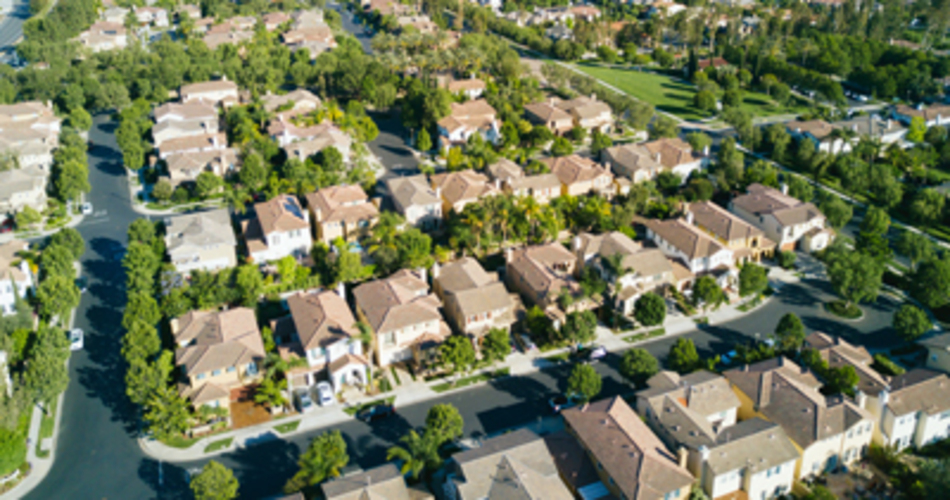 On my first day as an intern at CommScope, I had a surface level interpretation on network connectivity, smart cities and fifth-generation cellular technology. I assumed wherever I went—whether I was on top of a mountain or at a college football game—that I would always have uninterrupted connectivity to post on social media.
On my first day as an intern at CommScope, I had a surface level interpretation on network connectivity, smart cities and fifth-generation cellular technology. I assumed wherever I went—whether I was on top of a mountain or at a college football game—that I would always have uninterrupted connectivity to post on social media.
CLICK TO TWEET: Mallory Schultze explains the connection between Gen Z and smart cites.
Being a member of Generation Z, constantly having reliable connectivity is not just a want but more of an expectation. We ultimately have a different perspective on connectivity and use it differently than the other generations around us. I use my smartphone to wake up in the morning, figure out what to wear, find the fastest route to work and buy my groceries. My mobile online activities are endless.
High tech innovations are pushing new technology to the forefront
5G, hyper-densification and convergence solutions, and concealment options for city planners are emerging trends in the telecommunications industry. On a higher level, smart cities use technology and data to enhance efficiency, sustainability and the quality of life for its residents. This will support the growing demand for connectivity amongst us spoiled Gen Z’ers.
Urbanization is shifting
I think it is helpful to understand that by the year 2050 more than 80 percent of the United States population is expected to live in urban locations, putting pressure on future smart cities to really shift to a digitally efficient city in all aspects of life. Essentially, CommScope is leading the way to connect components across a city to compile data that will improve the lives of citizens.
A new way to live
Smart cities are more than an emerging trend, they will revolutionize the way we think and live our lives. My generation will take notice of the work being done to create an all-around more efficient way of living and I am happy to be apart of a company that is taking those strides.
As we all become more tech savvy, it is understandable that we would want the places we live to be as modern and sleek as possible while the growing need for connectivity and bandwidth evolves. New technology is shaping the way Gen Z live and the way cities are being developed. So, maybe the next time we’re making a phone call on the top of a mountain or posting on social media at a college football game, we might just stop to think about the technology and smart city infrastructure it took to get there. I know I will.






